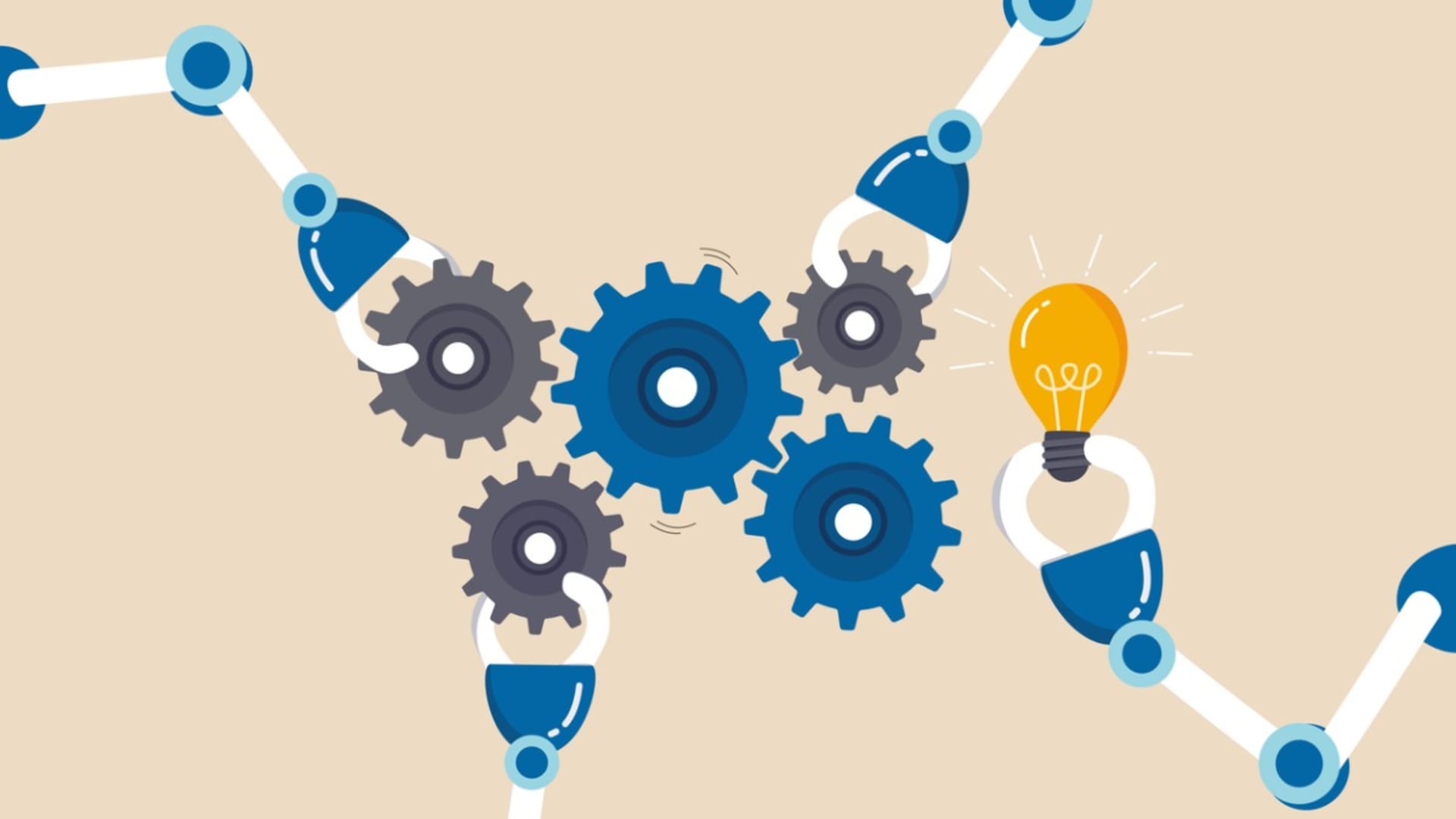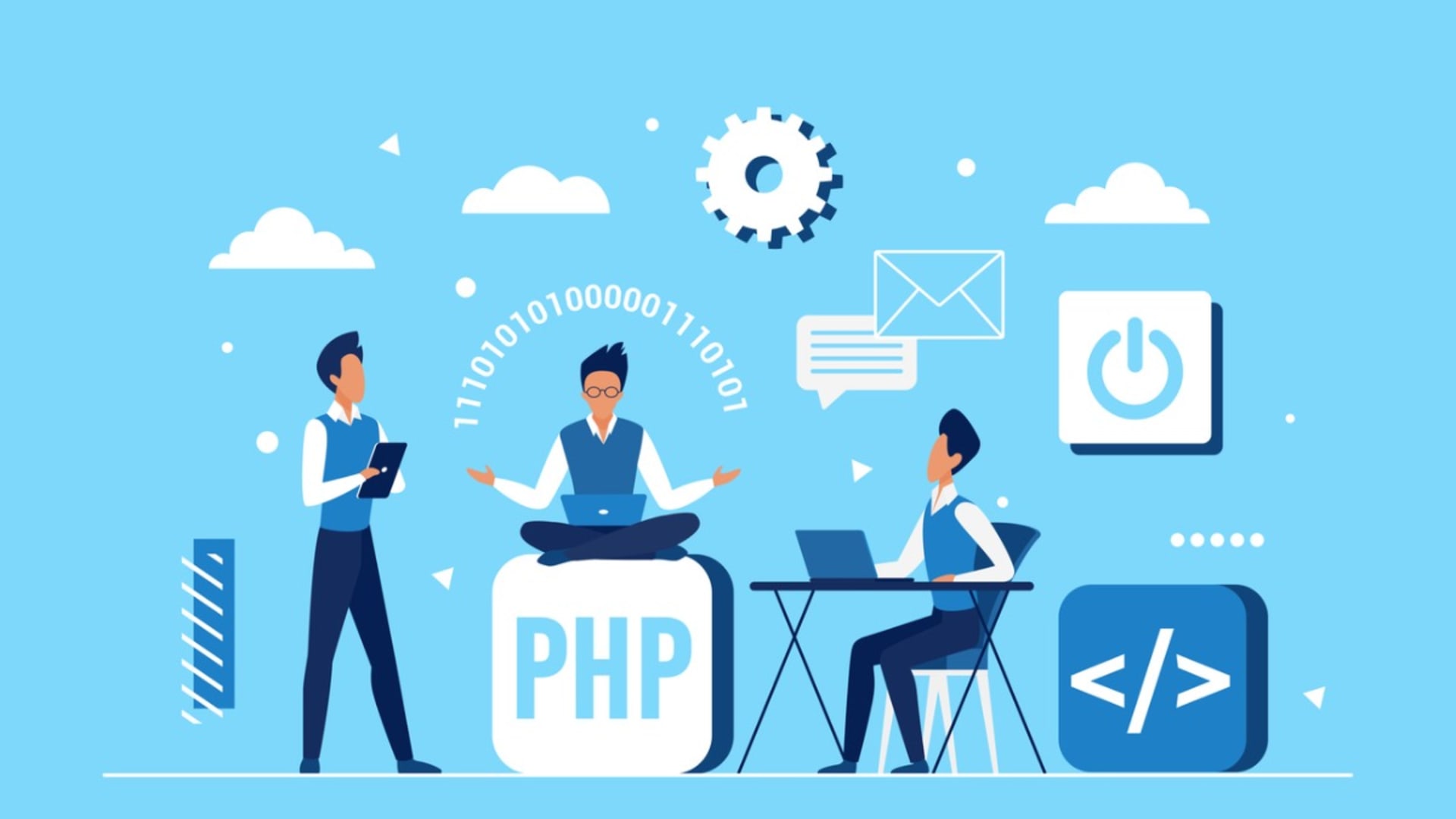Artificial intelligence (AI) has grown exponentially in the past decade, with a seemingly limitless range of capabilities and potential. In essence, AI is the science of teaching machines how to think, and it’s rapidly shaping industries across the globe.
AI has begun to play a significant role in our daily lives, from home assistants like Alexa to hospitals identifying illnesses. Its integration into systems and processes in manufacturing opens the door to numerous possibilities. It can boost productivity, enhance efficiency, and pave the way for innovation. These are all potential game changers—and AI is already making its mark on the industry.
Here, we will delve into the realm of AI in manufacturing. We’ll uncover how this developing technology is transforming the industry, altering traditional methods, and opening up a wealth of opportunities for the future.
The Role of Artificial Intelligence in Modern Manufacturing
AI has many applications in manufacturing, from supply chain management to quality assurance.
The History of AI in Manufacturing
AI’s emergence in the manufacturing sector began in the 1980s, with many businesses searching for ways to improve efficiency. They first utilized the technology to capture and share worker knowledge, which started the process that led us to where we are today.
The recent development of computerized systems provided the ideal environment for the deeper integration of AI into the manufacturing process, specifically with machine learning. The industry’s demand for precision, consistency, and efficiency were the ideal conditions to incentivize AI integration.
In today’s world, AI in manufacturing spans from design and production to quality control and logistics, bolstered by advancements in custom manufacturing software development.
Current Applications of AI in Manufacturing
AI applications are an ideal tool for the manufacturing sector, and they’re beginning to play a pivotal role in the development of modern manufacturing processes.
One example is quality control. AI is capable of rapidly analyzing vast amounts of data. This enables the technology to be far superior to humans in detecting product defects that might otherwise go unnoticed.
An instance of AI supporting quality control is image recognition. By allowing an AI system to visually inspect each product on the production line, through meticulous analyses of previous products, it can instantly detect defects. This leads to both cost savings and improved quality.
AI algorithms allow for predictive maintenance to become streamlined and efficient enough for mainstream adoption. The ability to scrutinize data from machine sensors to identify potential faults before they escalate into costly disruptions is a unique characteristic of AI. This proactive approach improves efficiency by reducing downtime and increasing overall productivity.
AI-powered demand forecasting tools enable manufacturers to anticipate demand and adjust production accordingly. These systems reduce waste, optimize resource allocation, and drive a more efficient manufacturing process.
Benefits of AI in Manufacturing
AI’s integration into manufacturing processes translates into numerous benefits. Chief among them are cost reduction, increased supply chain efficiency, and enhanced product quality.
Cost Reduction: Through predictive maintenance and efficient resource allocation, organizations see better equipment performance and can save considerably on repair costs and downtime. According to a report by Mckinsey, businesses leveraging AI in their operations have reported a 10% reduction in production costs.
Increased Efficiency: AI-powered systems streamline manufacturing processes. They optimize production schedules based on demand forecasting, reducing waste, and increasing throughput.
Enhanced Product Quality: Implementing AI-driven quality control systems into the production process allows manufacturers to detect and fix defects that might otherwise go unnoticed when following typical procedures. A study by Mckinsey found that AI applications can improve defect detection rates by up to 90%. That means you’re improving your overall product quality significantly, beyond what could be accomplished without AI.
Now, let’s take a look at some use cases of AI in the manufacturing industry.
Uses Cases of AI in the Manufacturing Industry
AI is widely used in the manufacturing industry. These are some of the most prominent use cases of AI in the manufacturing industry:
Predictive Maintenance
The concept of predictive maintenance is a new, AI-powered approach for the manufacturing industry. Production facilities operate using a set maintenance schedule organized by manufacturer guidelines and industry standards. Predictive maintenance supersedes this process by utilizing the analytic capabilities of machine learning (ML) algorithms in combination with data from Internet of Things (IoT) sensors embedded in the equipment to monitor their conditions.
With this new process, it’s possible to detect small anomalies that indicate machinery failures before they occur, thereby minimizing downtime and optimizing operation efficiency.
Quality Control
Quality control is a critical part of the manufacturing process. Ensuring the quality of the products and confirming that they meet established standards and criteria can mean the difference between success and failure for a company. As we’ve discussed, AI has the power to greatly enhance the quality control process.
AI conducts automated inspections, scanning each product for potential defects or variations. Defect detection rates improve by 90% with this model.
Utilizing this technique vastly improves inspection accuracy while also reducing costs.
Inventory Management
Efficient inventory management can be the difference between a million-dollar company, and a billion-dollar company—and AI is changing the game completely.
AI in manufacturing has transformed many operations and processes, and inventory management is one of the most important. AI-powered demand forecasting has the potential to accurately predict trends and supply chain disruptions based on previous data, reducing lost sales substantially.
Not only can AI vastly improve demand forecasting, but it can also transform the way you order stock. With AI analyzing stock levels, it’s possible to implement intelligent replenishment.
The process is simple: AI monitors your stock levels compared to a range of variables, detecting and ordering what is needed, when it’s needed. It has the potential to reduce stock order errors substantially.
Auto Transport and Logistics
Auto transport and logistics are the backbone of supply chain operations. Ensuring the efficient delivery of raw materials to factories and finished goods to the market directly impacts production efficiency, customer satisfaction, and overall business profitability—a clear make-or-break for businesses.
In this environment, AI can substantially improve manufacturing processes by optimizing auto transport and logistics operations. Through the same analysis of past patterns, AI can predict traffic patterns, suggest optimal routes, and forecast future events, leading to reduced transit times and lower fuel consumption—increasing profits through supply improvements and cutting costs. A logistics software development company can further enhance these AI-driven improvements by customizing solutions that integrate seamlessly with existing systems.
Supply Chain Optimization
AI’s ability to transform inventory management extends to supply chain systems. The analytic abilities of AI can optimize demand forecasting and stock replenishment. It can also accurately predict supply chain disruptions and changes.
By analyzing previous supply chain disruption data, AI-powered systems are capable of accurately predicting future events, giving crucial insights. Insights into potential risks include unexpected demand increases, manufacturing issues, and supply shortages.
Using this information, companies are able to build a more efficient supply chain strategy. This ensures they can meet the needs of customers in a reliable and efficient manner. Ultimately, manufacturers can increase customer satisfaction while reducing costs significantly.
Production Planning
Production planning is another critical component of the manufacturing process. It is purposeful design to ensure maximum efficiency and effectiveness in the production process—the ideal environment for AI applications.
AI can significantly enhance production planning through similar methods as other production processes. By analyzing historical data on production schedules, output levels, and resource allocation to identify patterns and trends, it allows businesses to completely optimize production planning.
Process Automation
Process automation is both the most controversial application of AI in manufacturing—and the most impactful. By delegating repetitive, mundane, or complex tasks to automated systems, manufacturers can significantly enhance productivity and eliminate human errors.
AI’s ability to learn from data enables it to produce the optimal inputs, allowing you to adjust operations automatically and continuously improve performance over time. This ability to evolve and adapt is a game-changer in manufacturing environments, leading to unprecedented levels of operational efficiency.
Other key benefits of process automation are:
- Reduce risks by automating hazardous tasks
- Increase customer satisfaction by automating excessively tedious tasks
- Reduce disruptions from events like the pandemic
These advancements in process automation not only keep human workers safe but also improve accuracy and consistency.
Demand Forecasting
Historically, companies that have correctly predicted disruptions and potential opportunities have made significant successes—and that’s thanks to demand forecasting.
With AI demand forecasting, business practices like production planning, inventory management, and overall business strategies can be accurately managed to optimize your production process.
AI can enhance demand forecasting through complex data analysis, identifying trends, and predicting future demand with higher accuracy. This can help businesses make better decisions based on the real-time data they have at their disposal.
In addition, demand forecasting can help you identify:
- Customer preferences
- Anticipate shortages or surpluses
- Ensure timely delivery of products
The Future of AI in Manufacturing
AI will continue to evolve and have more and more applications in manufacturing. We will share upcoming trends in the application of AI in manufacturing and discuss potential implementation challenges and possible solutions.
Emerging Trends
There are a number of trends on the horizon that will shape the future of AI in the manufacturing industry.
These include:
- Autonomous vehicles in manufacturing, predominately in the auto transport sector
- Chatbots for employee troubleshooting
- AI optimizing for sustainability goals
The most promising is the first trend mentioned. Autonomous vehicles not only optimize the transport of goods within manufacturing premises but also minimize the risk of accidents. They are programmed to operate around the clock, amplifying productivity and ensuring a steady flow of materials, streamlining the entire production process.
Chatbots have also proven to be popular in the manufacturing sector. They can automate tasks such as employee training and troubleshooting. This not only frees up time for core business activities like managing production lines or receiving orders, but it also further automates your business operations.
These trends showcase the industry’s drive toward improving efficiency, safety, reliability, and sustainability.
Challenges and Solutions
Despite the emerging trends of AI and the sector specific directly connected advanced manufacturing technologies, implementing AI in manufacturing does not come without challenges. The primary obstacle is the high initial investment required for AI technology and robotic process automation. This investment can be daunting for many businesses, particularly small and medium enterprises.
Another challenge is the scarcity of skilled professionals who can effectively manage and operate AI technologies, especially machine learning algorithms, in manufacturing plants. This skills gap can lead to underutilization and inefficient use of these advanced technologies.
However, there are also practical solutions to these challenges. The financial burden can be mitigated by, for example, partnering with tech outsourcing firms offering AI and robotic process automation solutions for supply chains. AI-based predictive maintenance is one of the innovative solutions being offered to enhance the lifespan and efficiency of machinery in manufacturing plants.
To tackle the skills gap, companies can also invest in training and development programs to upskill their existing workforce in the nuances of AI and advanced manufacturing technologies. Additionally, collaborating with educational institutions to generate a tech-savvy talent pipeline can also be an effective strategy.
Conclusion
It’s clear that AI holds significant potential to revolutionize the manufacturing industry, enhancing efficiency, productivity, and safety. Despite the significant initial investment and the skill gap challenges, solutions such as government grants, tech partnerships, and upskilling initiatives can pave the way for successful implementation.
The transformative power of AI in manufacturing cannot be overlooked, and businesses willing to embrace this change are likely to reap substantial rewards. As we move into an increasingly digital era, it’s imperative for businesses to explore the potential of AI in their manufacturing processes, facilitating an innovative, technologically advanced, and competitive edge in the market.
If you enjoyed this, be sure to check out our other AI articles.






